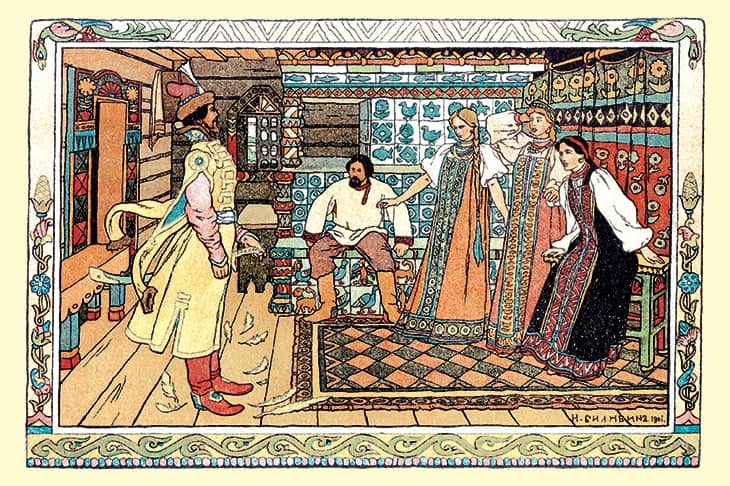St. Petersburg University in Russia is (desperately?) inviting scholars worldwide to a conference in September celebrating Mikhail Speransky. It was he who, on the orders of the Russian emperor Nicholas I, published in 1830 a 45-volume compilation of all the laws of the Russian Empire, which he reduced to a 15-volume digest by 1839. It was to form the basis of the Tsarist legal system.
The precedent for this was, of course, the legal Digest of Rome’s eastern emperor Justinian (AD 533). This was a compendium of 2,000 volumes of Roman law published between the 1st and 3rd centuries ad. Its purpose was to produce a contemporary, definitive account of all Roman private law. For student use, a handy four-book summary (the Institutes), also with legal force, appeared alongside it. This Digest became among the world’s most influential books.
But it took time. Various adapted Greek versions soon appeared in the East; but in the Roman West, conquered by Germanic tribes and under Germanic law, only schools and churches kept its concepts alive, incorporating many of them into canon law. Then, in the 11th century, in Italy’s first university Bologna, a teacher of rhetoric Irenerius, needing a source for training pupils in legal argumentation, came across a copy of the Digest. And from that lucky strike, Justinian’s Digest slowly began to spread across Europe, mainly in response to the need for common trading and exchange standards as feudalism ended. In 1495, it became official German law too, ensuring the unity of a European (and Scottish, but not British) legal civilisation whose influences are still felt today. In the process, it established the concept of a transcendent law.
Speransky was not so lucky. His Tsarist legal system was abolished by Lenin in 1917. One idly wonders how the Russian dons will react if anyone enquires about the current state of the law in Russia. The honest answer would be: ‘Search me. Ask Putin. He’s the one who makes it up.’ No chance of that. One doubts whether the questioner would survive even raising the issue.
Got something to add? Join the discussion and comment below.
Get 10 issues for just $10
Subscribe to The Spectator Australia today for the next 10 magazine issues, plus full online access, for just $10.
You might disagree with half of it, but you’ll enjoy reading all of it. Try your first month for free, then just $2 a week for the remainder of your first year.














Comments
Don't miss out
Join the conversation with other Spectator Australia readers. Subscribe to leave a comment.
SUBSCRIBEAlready a subscriber? Log in